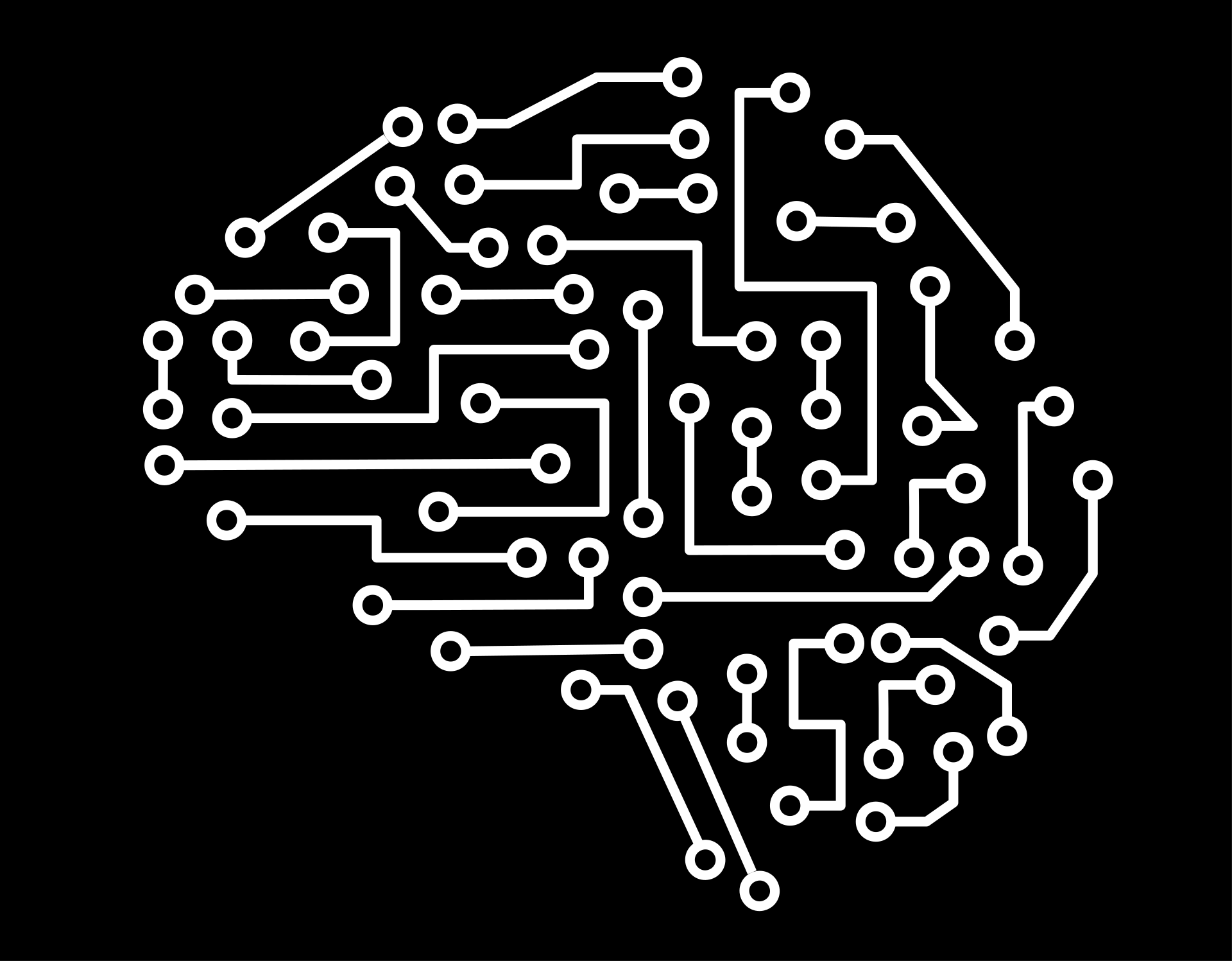MacArthur Foundation–supported workshops on Social Impacts of Brain–Machine Interfaces
September 25th, 2020Existing work on the ethics of Brain–Machine Interfaces examines the privacy and security dimensions of BMIs as well as questions of personal identity, authenticity, free will, and responsibility. Substantially less work interrogates BMI research, development, and commercialization from the perspective of social justice. In an effort to consolidate these efforts, and catalyze new ones, I teamed up with Prof. Ryan Calo (of co-director of the UW Tech Policy Lab) to host a series of three virtual, exploratory workshops on the social impacts of brain-machine interfaces (BMIs). Each workshop placed technologists and humanists in direct conversation about how current and future BMIs will impact society—foregrounding concerns about human rights, civil liberties, structural inequality, representation in research, and inclusive design. Panelists and invited discussants included interdisciplinary neurotechnology researchers from the University of Washington as well as select national experts who approach neurotechnology from the perspectives of gender, sexuality, disability, and race.
Our team’s goal is to produce a whitepaper on the social impacts of BMIs—inspired by the insights raised during the workshops—that we will make available to the broader community of stakeholders. For now, however, take a look at our series of posts for the Neuroethics Blog—the official blog of the American Journal of Bioethics: Neuroscience. We are grateful to the MacArthur Foundation, as well as UW’s Center for Neurotechnology and Tech Policy Lab, for their generous support.
